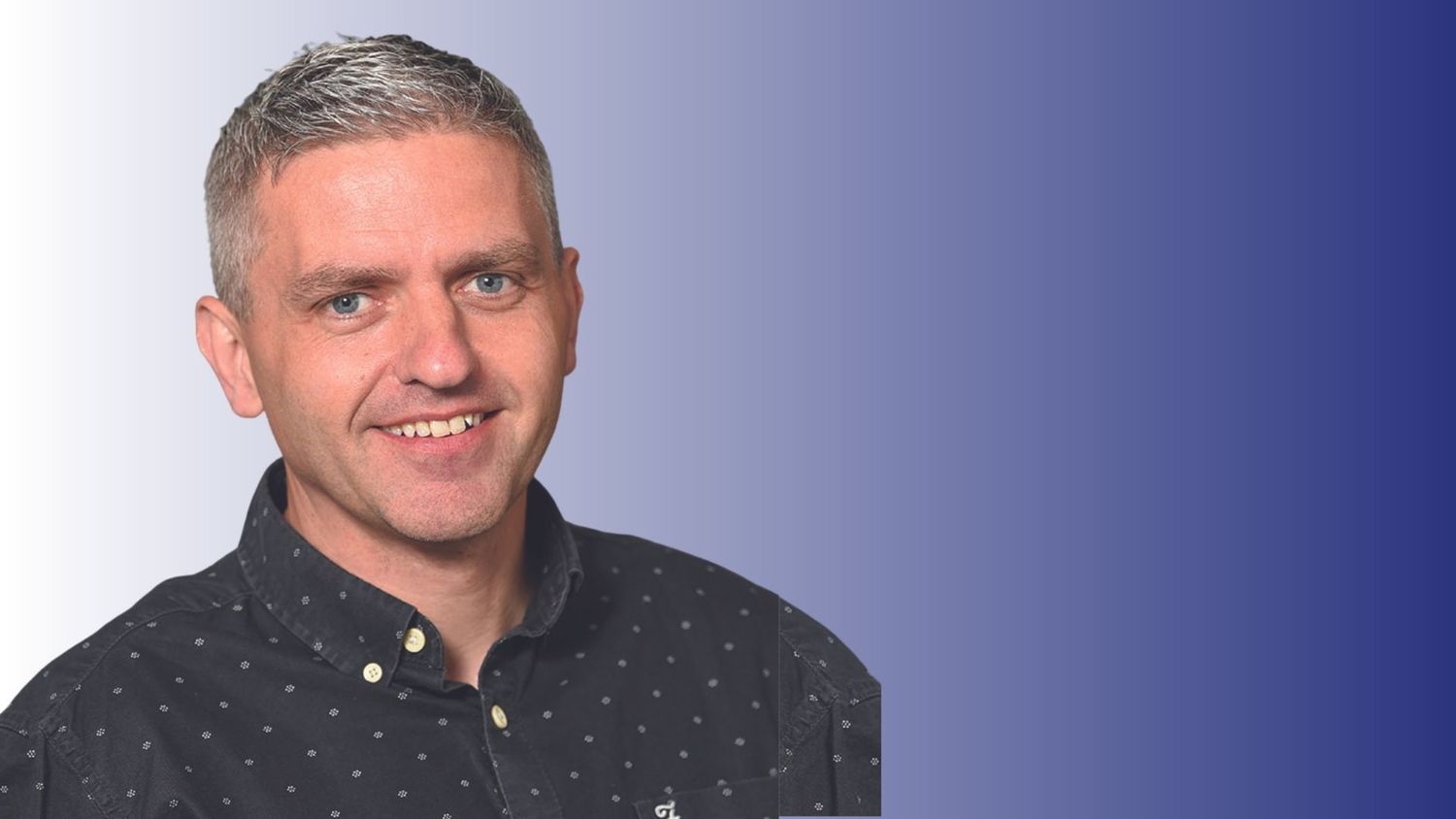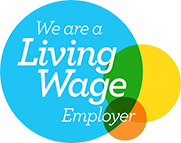

Foundation News
Driving Prosperity and Change – a vision for 2025
4 May 2022
Adrian Johnston has enormous knowledge and experience of strategy, commercialisation and digital transformation gained over a 25-year career in technology. At the same time, he’s had a solid and ongoing grounding in the voluntary sector through several trustee appointments. Most recently he became Chair of the Community Foundation for Northern Ireland, where working alongside Chief Executive Roisin Wood and the Board of Trustees, Adrian has big ambitions for the three-year tenure of his role.
Adrian recently shared his vision around some of the key priorities for the Community Foundation’s strategic vision:
‘Diversity and Inclusion’
“We’re very lucky with our Chief Executive, Róisín Wood. Róisín brings a strong EDI (Equality, Diversity and Inclusion) background to the Foundation and we want to be representative of the changing and diverse society in NI. That must be given time-it’s not a box ticking exercise-and the construction of the Board has to include lived experience.”
“When you look at under-represented groups, whether it be through a process design or a product design, if you don’t have a diverse community engaged as part of the development process, then you actually develop a product that’s only for the type of people who are creating it.
“In the way that needs to happen in industry, as we go through the strategic review at the Foundation, we’ll be co-designing programmes to ensure that diversity is represented within those programmes; our Board will have lived experience feeding into the development of our programmes and the way we manage and administer them. Similarly in tech, you see new product development is looking at that inclusive innovation space to ensure wider society is part of the conversation. That opens up opportunity for employment, development and lifelong engagement. It’s a great space to be in at the moment, in Northern Ireland.”
‘Climate Action and Digital Transformation’
Adrian also detailed the need for climate action, both locally and globally in the aftermath of Covid, a need that is beginning to be addressed through the Foundation’s review of policies, actions and funding including the recent Acorn Farm Development programme in Derry – a very exciting £9m partnership.
As might be expected from someone who holds a unique insight into the private and voluntary sectors in Northern Ireland, Adrian is passionate about finding solutions to digital exclusion:
“While the pandemic drove a massive transformation of the sector, that also resulted in digital exclusion, emphasising issues like social isolation, especially in rural communities. I want a renewed focus to be placed on addressing digital exclusion and supporting groups to digitally transform as a sector; Over the last 18 months the sector has pivoted, but can they sustain that pivot and do they have the right skills to do so?”
To Adrian, this challenge represents a huge opportunity for collaboration between the private sector and the voluntary sector through the provision of technology, solutions and skills and the opportunities for employment for under-represented groups within NI. He explained how he believes these sectors can benefit each other.
“The high-profile conversations taking place in government departments at the moment are around Agri-tech, life and health sciences, cyber security and digital transformation, all of which impact on the daily lives of the citizens in NI. Meanwhile our voluntary sector is one of the strongest in NI, with a workforce of almost 54,000* and it has an untapped skills and talent pipeline we should be engaging to drive prosperity. Skills like project delivery, budget management, stakeholder engagement and strategic reform, that are entirely transferable.
“In addition to this, the NI Voluntary sector benefits from significant lived experience of the issues the private sector is trying to address, so creating formal opportunities for collaboration on core objectives and ideas sharing between the sectors can only lead to positive impacts.
That potential for driving prosperity is key to what Adrian sees as the pathway to the next chapter of peacebuilding.
“Peace and reconciliation conversations are ongoing, however I believe that prosperity is ultimately what will take us out of those discussions. Lack of prosperity and opportunity makes it easier for some parts of society to be controlled by malevolent forces.
“DfE (the Department for the Economy) released their 10X strategy that is about the talent and skills pipeline and yet there’s a huge part of society that’s currently cut off for multiple reasons; These people could be of huge value to industry, but they’re not currently engaged.”
He believes that the Community Foundation is exactly the right kind of organisation to be having conversations with those people about what opportunities are available to them. Meanwhile, he says it’s up to organisations like Catalyst (of which Adrian is the Director of Strategic Business Development) and the private sector to create the conditions so that the training is available, the right policy is in place with government, so if someone from an under-represented community wants to become an entrepreneur or complete a PhD in Artificial Intelligence, they can see a clear pathway to achieving this.
‘Shifting the power’
As a representative for the community, Adrian believes the collective voice of the Board has an opportunity to help shift the power from those who currently hold it to those who have little. With a currently inactive Executive, huge fiscal pressures across multiple sectors resulting from covid and communities demonstrating the need for significant funding, he recognises that there’s no easy answer to how to do this. A solid foundation to start helping communities to influence policy however can come from their inclusion in the development of the Foundation’s programmes.
“It [the Voluntary sector] has to get those it supports closer to those policy and decision-making discussions. That’s not easy – under-represented groups are currently less likely to be part of those conversations, so we need to support the leadership of voluntary sector organisations to empower those groups.”
He cites Citizens Assemblies, pioneered in Northern Ireland by the Community Foundation in 2018, as an effective mechanism for this which could be used to look at issues like digital inclusion and employment opportunities, involving multiple departments. He is hopeful for support for future assemblies from the newly appointed head of the NICS, Dr Jayne Brady, who herself comes from an engineering background and has an innate interest in using innovative mechanisms to facilitate those conversations.
Past Highlights
People are at the core of the Foundation’s work and there’s no surprise that they are central to Adrian’s highlights to date and as a way to shape the future.
“The core value of social justice is shared among all the trustees. The strength of the Board and the Foundation’s Senior Leadership Team allowed them to deliver substantial programmes last year with £8.8m of funding distributed. A real highlight for me was the ability of the organisation to respond with agility to crisis, a situation we’ve never really faced before. Looking at the team’s response, their impact in the aftermath and being asked to manage funds by new partners, we’re now more than ever being looked at as a trusted partner. In a way that makes this the perfect time for us to look at the strategy over the next three years – what do we need to deliver and what’s the right way to do it.”






